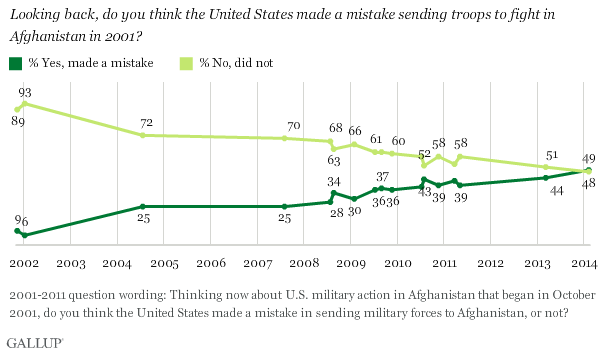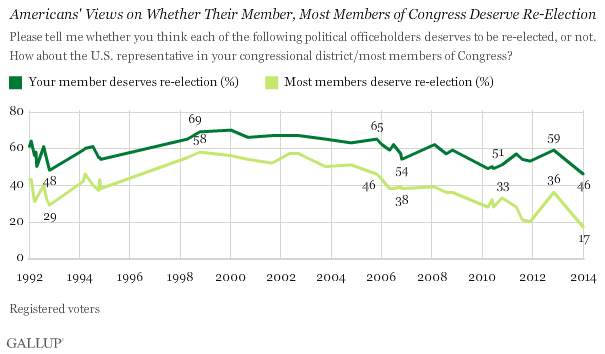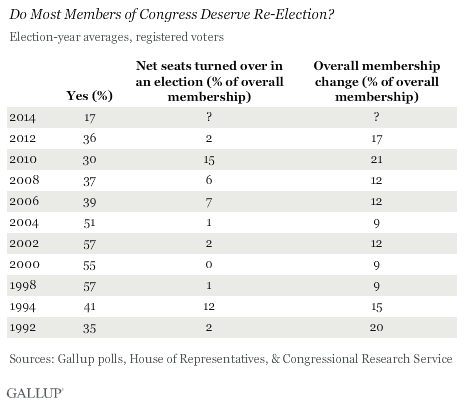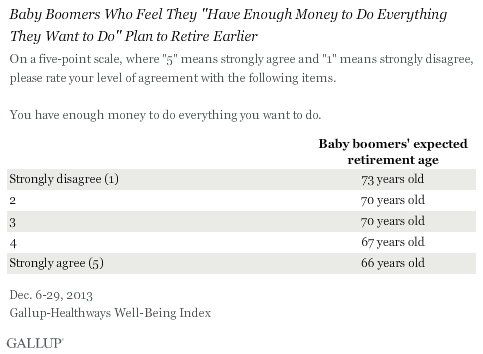A look at the Google bus blockade in SFO -
Get Off the Bus · LRB 20 February 2014 - Rebecca Solnit
"One of the curious things about the crisis in San Francisco –
precipitated by a huge influx of well-paid tech workers driving up
housing costs and causing evictions, gentrification and cultural change –
is that they seem unable to understand why many locals don’t love them.
They’re convinced that they are members of the tribe. Their confusion
may issue from Silicon Valley’s own favourite stories about itself.
These days in TED talks and tech-world conversation, commerce is
described as art and as revolution and huge corporations are portrayed
as agents of the counterculture.
That may actually have been the
case, briefly, in the popular tech Genesis story according to which
Apple emerged from a garage somewhere at the south end of the San
Francisco Peninsula, not yet known as Silicon Valley. But Google set
itself up with the help of a $4.5 million dollar government subsidy, and
Apple became a giant corporation that begat multimillion-dollar
advertising campaigns and overseas sweatshops and the rest that you
already know. Facebook, Google, eBay and Yahoo (though not Apple) belong
to the conservative anti-environmental political action committee Alec
(the American Legislative Exchange Council).
The story Silicon
Valley less often tells about itself has to do with dollar signs and
weapons systems. The industry came out of military contracting, and its
alliance with the Pentagon has never ended. The valley’s first major
firm, Hewlett-Packard, was a military contractor. One of its
co-founders, David Packard, was an undersecretary of defence in the
Nixon administration; his signal contribution as a civil servant was a
paper about overriding the laws preventing the imposition of martial
law. Many defence contractors have flourished in Silicon Valley in the
decades since: weapons contractors United Technologies and Lockheed
Martin, as well as sundry makers of drone, satellite and spying
equipment and military robotics. Silicon Valley made technology for the
military, and the military sponsored research that benefited Silicon
Valley. The first supercomputer, made by New York’s Remington Rand, was
for nuclear weapons research at the Bay Area’s Lawrence Livermore
National Laboratory.
The internet itself, people sometimes
remember, was created by the military, and publicly funded research has
done a lot to make the hardware, the software and the vast private
fortunes possible. Which you wouldn’t know from the hyperlibertarian
language of the tech world’s kings. Even the mildest of them, Bill
Gates, said in 1998: ‘There isn’t an industry in America that is more
creative, more alive and more competitive. And the amazing thing is that
all this happened without any government involvement.’ The current
lords talk of various kinds of secession, quite literally at the
Seasteading Institute, an organisation that’s looking into building
artificial islands outside all national laws and regulations. And taxes.
Let someone else subsidise all that research."
...
"
So there’s a disconnect in values and goals: Silicon Valley workers
seem to want to inhabit the anti-war, social-justice, mutual-aid heart
of San Francisco (and the Bay Area). To do so they often displace San
Franciscans from their homes. One often hears objections: it isn’t the
tech workers coming here who are carrying out the evictions. But they
are moving into homes from which people have been evicted. Ivory
collectors in China aren’t shooting elephants in Africa, but the
elephants are being shot for them. Native sons and daughters also work
in the industry, and many of the newcomers may be compassionate,
progressive people, but I have seen few signs of resistance, refusal to
participate, or even chagrin about their impact from within their ranks.
2013
may be the year San Francisco turned on Silicon Valley and may be the
year the world did too. Edward Snowden’s revelations began to flow in
June: Silicon Valley was sharing our private data with the National
Security Agency. Many statements were made about how reluctantly it was
done, how outraged the executives were, but all the relevant companies –
Yahoo, Google, Facebook – complied without telling us. These days it
appears that the NSA is not their enemy so much as their rival; Facebook
and Google are themselves apparently harvesting far more data from us
than the US government. Last year, Facebook’s chief security officer
went to work for the NSA, and the
New York Times said the move
underscores
the increasingly deep connections between Silicon Valley and the agency
and the degree to which they are now in the same business. Both hunt
for ways to collect, analyse and exploit large pools of data about
millions of Americans. The only difference is that the NSA does it for
intelligence, and Silicon Valley does it to make money.
The
corporations doing this are not the counterculture, or the underground
or bohemia, only the avant-garde of an Orwellian future.
City of
Refuge, a church serving people of colour and queer people, left San
Francisco, a city that has long considered itself a refuge, last
September and moved to Oakland. ‘It became clear,’ its pastor said,
‘what the neighbourhood was saying to us: This is not a haven for social
services.’ The current boom is dislodging bookstores, bars, Latino
businesses, black businesses, environmental and social-services groups,
as well as longtime residents, many of them disabled and elderly. Mary
Elizabeth Phillips, who arrived in San Francisco after getting married
in 1937, will be 98 when she is driven out of her home of more than half
a century.
In many other places eviction means you go and find a
comparable place to live: in San Francisco that’s impossible for anyone
who’s been here a while and is paying less than the market rate. Money
isn’t the only issue: even people who can pay huge sums can’t find
anything to rent, because the competition is so fierce. Jonathan Klein, a
travel-agency owner in his sixties living with Aids, jumped off the
Golden Gate Bridge last year after being driven out of his home, with
his business in the Castro facing eviction. ‘
EVICTION = DEATH’, a sign at the memorial said, echoing the old ‘
SILENCE = DEATH’ slogan of the Aids-activist era.
When
it comes to buying a home, your income needs to be nearly one and a
half times higher in San Francisco than in the next most expensive city
in the US. What began as vague anxiety a couple of years ago has turned
into fear, rage and grief. It has also driven people to develop
strategies aimed at changing the local and statewide laws that permit
the evictions.
When a Google bus was surrounded on 9 December, it made the news all
over the English-speaking world. Though what the blockaders wanted
wasn’t so easily heard. They were attacked as people who don’t like
carpools, by people who don’t get that the buses compete with public
transport and that their passengers displace economically vulnerable San
Franciscans. It’s as though death came riding in on a pale horse and
someone said: ‘What? You don’t like horses?’ Many of the displaced then
become commuters but they don’t have luxury coaches pulling up in their
neighbourhoods to take them to their jobs and schools in San Francisco:
they drive, or patch together routes on public transport, or sink into
oblivion and exile. So the Google bus and the Apple bus don’t reduce
commuting’s impact. They just transfer it to poorer people.
San
Francisco was excoriated again and again by lovers of development and
the free market for not being dense enough, on the grounds that if we
just built and built and built, everyone would be happily housed. ‘Let
San Francisco have the same housing density as Tokyo & Taipei, both
earthquake zones, then watch rental costs crater,’ a tech worker
tweeted. (His feed also features photographs of a toy mule, the mascot
of the company he works for, and occasional outbursts aimed at Edward
Snowden.) Another day he insisted with the blithe confidence Silicon
Valley seems to beget (as well as the oversimplification Twitter more or
less requires): ‘Higher minimum wage and looser, pro-development zoning
laws, housing problem in San Francisco goes away. Simple as that.’
(Minimum wage would have to be more than $50 an hour for someone to be
able to buy a house in San Francisco, or to ensure that a $3200 a month
rent accounted for no more than a third of their pre-tax income.)
San
Francisco is already the second densest major metropolitan area in the
US, but this isn’t mentioned much, nor is the fact that the densest, New
York, is also unaffordable and becoming more so even in its outer
boroughs, despite a building boom. Meanwhile San Francisco developers
are building 48,000 more units of housing in the few cracks and
interstices not already filled in, mostly upscale condominiums far out
of most people’s reach, and most of which won’t be available in time to
prevent the next round of evictions.
How do you diagnose what is
wrong with San Francisco now? People bandy about the word
‘gentrification’, a term usually used for neighbourhoods rather than
whole cities. You could say that San Francisco, like New York and other
US metropolises, is suffering the reversal of postwar white flight:
affluent people, many of them white, decided in the past few decades
that cities were nice places to live after all, and started to return,
pushing poorer people, many of them non-white, to the margins.
You
can also see the explosion as a variation on the new economic divide,
in which the few have more and more and the many have less and less: a
return to 19th-century social arrangements. (It gets forgotten that the
more generous arrangements of the 20th century, in much of Europe and
North America, were made in part to sedate insurrectionary fury from
below.) It’s the issue to which Occupy Wall Street drew our attention."
...
"
On the afternoon of 21 January, the city’s Municipal Transportation
Agency held a meeting to discuss putting in place a pilot programme to
study the impact of the buses and limit them to two hundred bus stops in
the city. As the San Francisco writer Anisse Gross has pointed out, if
you evade your fare on a bus, you get fined $110; if you pull a car in
at a bus stop, you get fined $271; if you just pay your fare it’s $2 per
person. But if you’re the Google bus you will now pay $1 to use the
public bus stop. This pissed off a lot of people at the hearing. Not
everyone, though. Google had dispatched some of its employees to
testify.
The corporation’s memo to the passengers had been leaked
the previous day. The memo encouraged them to go to the hearing on
company time and told them what to say:
If you do
choose to speak in favour of the proposal we thought you might
appreciate some guidance on what to say. Feel free to add your own style
and opinion:
My shuttle empowers my colleagues and I to reduce our carbon emissions by removing cars from the road.
If the shuttle programme didn’t exist, I would continue to live in San Francisco and drive to work on the peninsula.
I am a shuttle rider, SF resident, and I volunteer at …
The
idea of the memo was to make it seem that the luxury buses are
reducing, not increasing Silicon Valley’s impact on San Francisco. ‘It’s
not a luxury,’ one Google worker said of the bus: ‘It’s just a thing on
wheels that gets us to work.’ But a new study concludes that if the
buses weren’t available, half the workers wouldn’t drive their own cars
from San Francisco to Silicon Valley; nearly a third wouldn’t be willing
to live here and commute there at all.
There’s a new job category in San Francisco, though it’s probably a low-paying one: private security guard for the Google bus."




